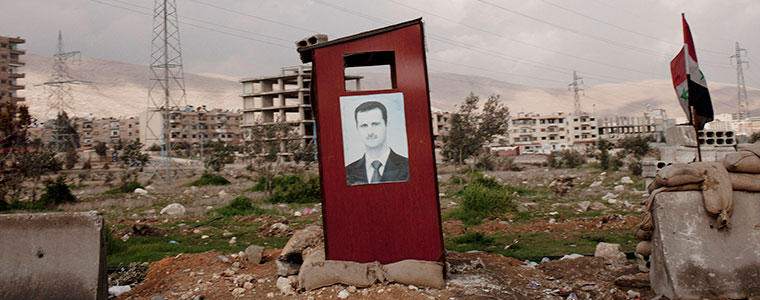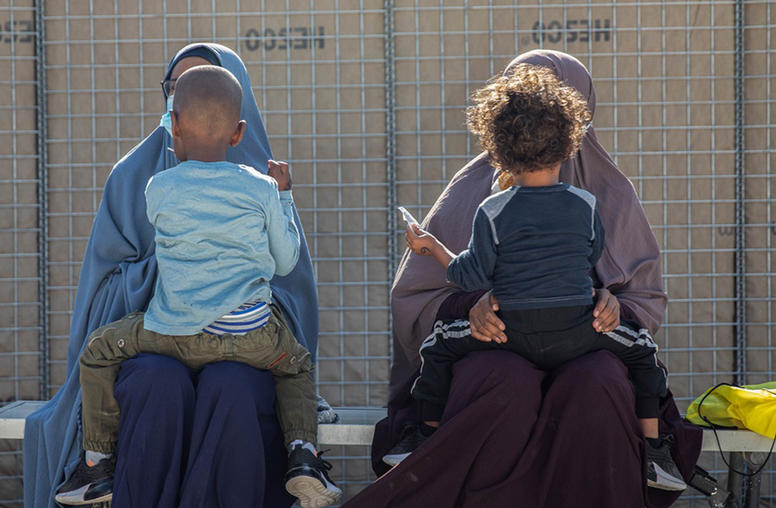
On May 7, barring a last-minute delay, Syria will hold parliamentary elections. More than 2,500 candidates will compete for 250 seats, under the terms of a slightly modified constitution approved in a referendum in late February. According to the revised constitution — which, officials indicate, received the support of some 90 percent of votes cast in the February referendum -- restrictions were eased on the formation of new political parties, and the tenure of Syria's president was limited to two seven-year terms, unless exceptional circumstances require extending the president's tenure. Perhaps more important, the new constitution replaced a highly controversial clause that guaranteed a leading role for the ruling Ba'ath Party in Syrian society and politics with language establishing a multi-party system.
These elections have been welcomed by Syria's supporters, including Russia and China, which have praised them as evidence of the Assad regime's commitment to implementing the reforms it promised following the outbreak of the Syrian uprising in March 2011.
For most observers of Syria, however, there is far less to these elections than meets the eye. The constitutional referendum in February was widely criticized for taking place in the midst of widespread violence. The amendments approved are cosmetic and will have no meaningful impact on the distribution of political power. For example, under the new constitution, President Bashar al-Assad, in office since 2000, is eligible to serve two seven-year terms beginning in 2014. If he observes these term limits, he could serve 28 years as president, just two years shy of his father’s tenure. Should he determine that exceptional conditions exist, he could remain in office indefinitely. A number of newly-created parties are competing in the May 7 elections, but none of them are credible opponents of the ruling Ba`ath Party. The process for a new political party to secure approval virtually rules out the possibility that a truly oppositional party might be permitted to form.
Quite apart from these transparent attempts to exploit the appearance of reform, the elections are little more than a vain attempt to provide the Assad regime with a fig leaf of popular legitimacy and fend off international pressure for more far-reaching political change. Yet after more than a year of mass protests and a ruthless regime crackdown that has left some 10,000 Syrians dead and hundreds of thousands more wounded, detained, or displaced; in the midst of intense diplomatic effort to isolate the Assad regime and hold it accountable for crimes against humanity; in the face of a broadening web of economic sanctions targeting firms and individuals complicit in gross violations of human rights, the holding of elections is a bizarre, if not surreal, act by a regime determined to show the world that it remains unaffected by the turmoil and destruction it has wrought. Even if the elections are held on schedule, they will have no discernible effects. Their most likely result is an upsurge in the self-righteous rhetoric of the regime as it claims popular approval for the violence it has unleashed against its opponents.



